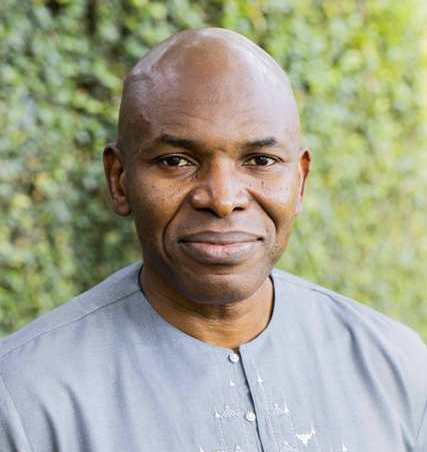In recent years we have witnessed the unfolding climate crisis firsthand Humanity wakes up to frequent reminders of the effects of climate change as water sources run dry, fires ravage vast landscapes, floods sweep through cities and villages impacting lives, livelihoods, and nature.
The recent World Wetlands Day highlighted why itis crucial to recognize the importance of preserving wetlands which provide a wide array of beneficial services for people and wildlife. Wetlands are highly productive and biologically diverse systems that are vital in enhancing water quality, controlling erosion, maintaining stream flows, and sequestering carbon.
The Wetlands Institute reports an alarming disappearance of African wetlands, comprising a substantial 1% of the continent’s surface area, vanishing at a rate three times faster than forests. In South Africa, 48% of these ecosystems are critically endangered, with an astonishing 50% loss of the original wetland area.
Multiple factors contribute to this loss, including urbanization and population growth, climate change impact, and changes in land use like uncontrolled grazing, mining, irrigation, and agricultural land expansion. A resounding message from these factors underscores the urgent need for a collective approach to protect African wetlands and ensure secure biodiversity for current and future generations.
At the core of this crisis lies a biodiversity challenge. The vital connection between wetlands and human wellbeing is evident – our health depends on wetlands and the health of wetlands depends on us. The depletion and degradation of wetlands not only imperils plant life but also jeopardizes the livelihoods of communities dependent on these ecosystems. While commendable restoration efforts have been initiated, it’ is crucial to empower communities for effective protection and recovery of wetlands as part of African nations’ efforts to fulfil their climate obligations which can enhance local economies.
Wetlands Restoration
Firstly, organizations must take practical steps to restore and rehabilitate damaged wetlands, incorporating their natural value into strategic plans. Assuming responsibility for nature is not just a moral obligation but a necessary step in maintaining the delicate balance of ecosystems. The good news is we know how to reverse this trajectory. Investing in nature offers a clear pathway to protecting and restoring the freshwater systems on which nature and people depend.
Secondly, promoting conservation-based livelihoods for biodiversity and climate resilience is paramount. The Nature Conservancy (TNC) has set an ambitious goal to protect 30 million hectares of lakes and wetlands by 2030, aiming to benefit millions of people. Through initiatives like the Tuungane Project in Tanganyika, TNC contributes to wetland conservation efforts and the development of sustainable practices for the betterment of communities.
Thirdly, while engaging with leaders fosters wetland protection, providing environmental education is key to safeguarding communities. By working with communities, we empower the primary beneficiaries of these ecosystems to become stewards of their own environments.
Already, there is evidence of a massive impact on communities when wetlands are well managed. A notable example is the City of Cape Town, which, in 2018, faced water supply challenges, leading to acute shortages. This situation compelled authorities to impose strict limitations, allowing individuals only 50 litres of water per day.
Through the Greater Cape Town Water Fund, TNC, the City of Cape Town and collaborative partners implemented nature-based solutions aimed at ensuring sustainable, long-term water supplies. The primary focus was the eradication of water-thirsty invasive plants, responsible for the annual loss of billions of litres of water. This initiative was complemented by wetland and river restoration activities, enhancing the overall effectiveness of efforts.
Similarly, in Okavango Delta – Africa’s oasis which is facing a demand crisis due to an increase in population in the countries where the delta runs and the subsequent increase in demand for water, fish for food and energy. For a prosperous future in the Okavango Delta, supporting the surrounding communities is as fundamental as preserving the water itself. TNC is supporting community-led management of fisheries, forests, and agricultural lands as well as related livelihoods in Angola’s source watersheds.
In conclusion, a course correction is urgently needed to protect and revitalize our wetlands, providing a catalyst for accelerated climate action. Wetlands are not just a resource; they are a gift that keeps on giving—beneficial for our planet, our health, and our economies.
It is worth considering that wetlands, when even slightly compromised, may not fully regain their original state. Thus, a thoughtful approach to extensive wetland restoration becomes increasingly important.
Ademola Ajagbe is the Regional Managing Director of The Nature Conservancy’s Africa’s program.

